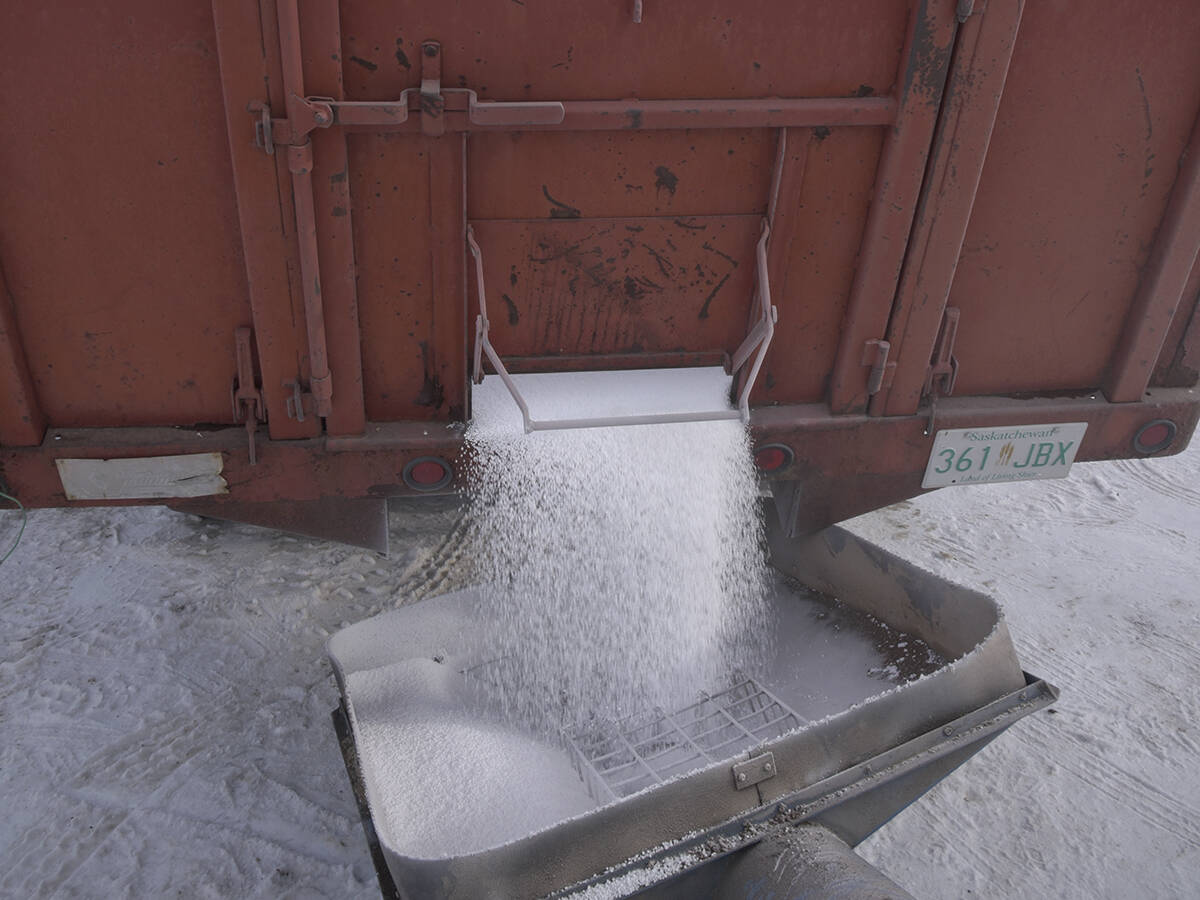Share cropping is not as common as it used to be, but it is still a popular arrangement between landowners and renters.
Much depends on the landlord’s involvement in the production process when paying tax on the proceeds from this type of rental agreement.
This helps determine if the revenue should be taxed as rent or as proceeds from farming. Rental income does not qualify for the small business deduction or the capital gains exemption, while the proceeds from farming qualify for both.
In a crop share land lease agreement, the landlord normally supplies land, buildings, possibly equipment and a share of the operating expenses. The tenant supplies labour and usually a major portion of the machinery and operating expenses.
Read Also

Urea prices heading higher: analyst
A fertilizer market analyst thinks urea prices have bottomed out and are heading higher through the first quarter of 2026.
Items that benefit both the landlord and tenant, such as pesticides, fertilizers and freight, may be shared in the same proportion as the crop is shared.
The amount of land, buildings and expenses that the landlord provides will determine his share of the crop. It is not unusual to see landlords share 18 to 35 percent of the crop.
In most cases, the Canada Revenue Agency considers that a crop share received by a landowner is rental income and not income from farming. However, the landowner could be considered to be in the business of farming if the sharecropper is an employee who re-ceives a crop share in lieu of salary.
The landlord could also be considered a farmer if the lease agreement is structured as a detailed cropping plan in which the landowner maintains control over the use of the land, which crops are planted, fertilizer rates and pesticide use.
The Canada Revenue Agency considers whether the landlord shares in the risks and rewards of the farming business when determining whether he is involved in the business of farming rather than operating rental property.
The landlord can demonstrate this in several ways:
- He maintains an active role in farming.
- He supplies raw materials for the sharecropping operation.
- He takes compensation in the form of production rather than flat fees.
Seek professional tax or legal advice when structuring the deal so that the land is still considered qualified farm property and not rental income property.














